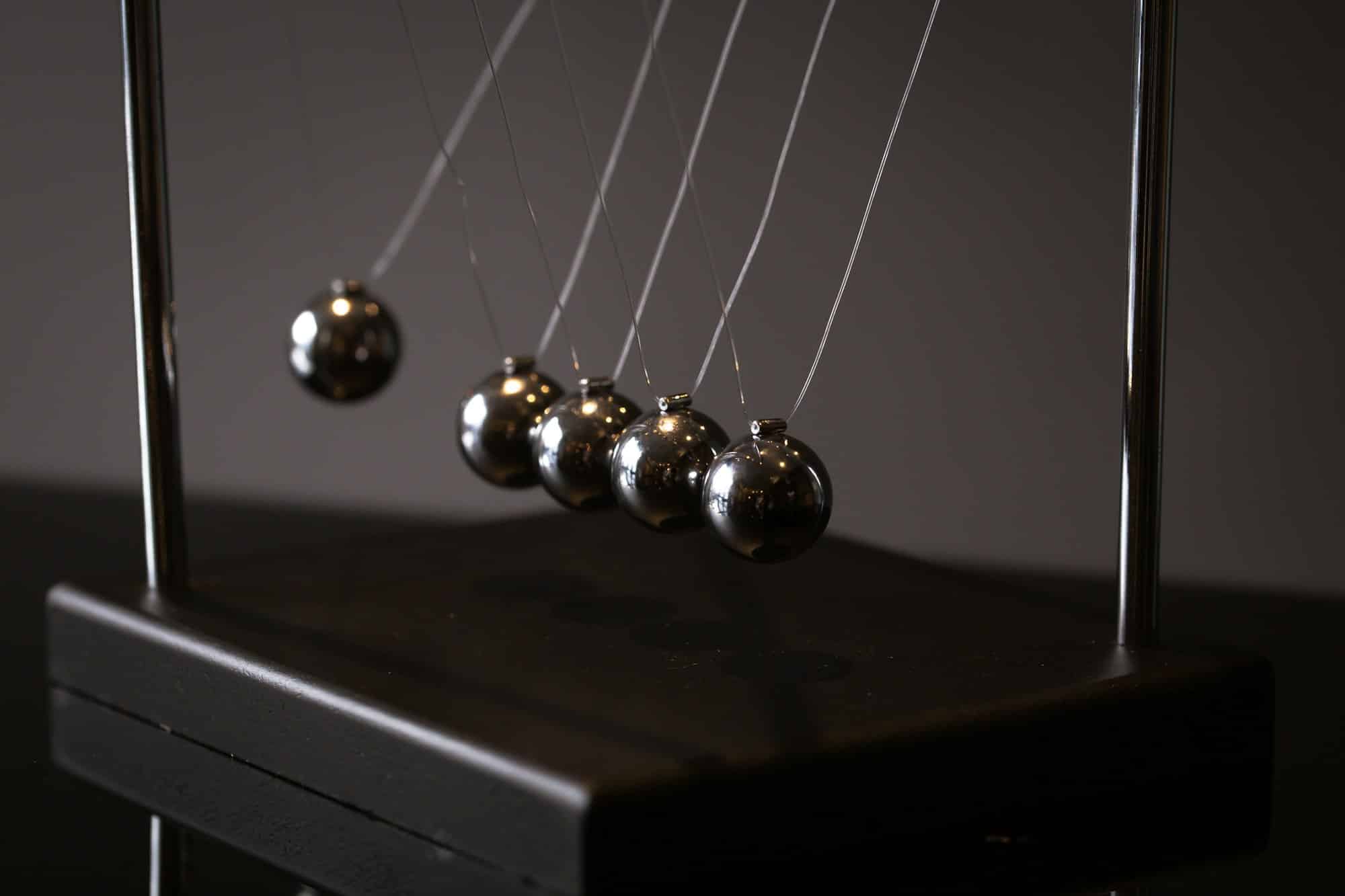What’s the Influence of Psychological Momentum on Performance in Competitive Squash?

As a squash player, you are probably well aware of the physical demands of the sport. The agility, strength, and endurance required to maintain a competitive edge are evident. But what about the psychological aspect of the game? How does it impact your performance on the court?
In this article, we delve into the influence of psychological momentum on performance in competitive squash. We will explore its role in match performance, the mental strategies employed by top players, and the importance of mental training in enhancing your game.
In the same genre : How to Build Core Stability for Injury Prevention in Alpine Skiers?
The Role of Psychological Momentum in Match Performance
In the realm of sports, psychological momentum refers to the perceived positive shift in performance and confidence after a successful event or series of events. In a game of squash, this could be an excellent shot, a won rally, or a lead in the game score.
Psychological momentum can influence a match’s outcome, swaying the game in favor of the player with the highest positive mindset. It plays a substantial role in the sport of squash, where the momentum can switch rapidly due to the game’s quick pace and the constant back-and-forth movement of the ball.
Also to read : What’s the Most Effective Way to Analyze and Correct Asymmetries in Swimmers’ Strokes?
Let’s consider the classic study conducted by Richard Hughes, a renowned sports scholar. Hughes’ analysis of squash matches showed that players who gained an early lead were more likely to maintain their advantage and win the match. This phenomenon, Hughes suggested, resulted from the boost in self-confidence and positive thinking that comes with an early lead, demonstrating the significance of psychological momentum in squash.
Mental Strategies Employed by Top Squash Players
Observing top-performing squash players, one can see that they employ various mental strategies to gain and maintain psychological momentum. These strategies can include goal setting, positive self-talk, visualization, and relaxation techniques.
For instance, players might set process goals for each game, focusing on elements they can control, like maintaining good form or hitting a certain number of successful shots. They utilize positive self-talk to boost their confidence and maintain a positive mindset throughout the match.
Visualization, another technique often used, involves imagining oneself performing successful shots and winning rallies. This imagined success can enhance self-confidence and foster a positive attitude, thereby contributing to building psychological momentum.
Relaxation techniques, like deep breathing or progressive muscle relaxation, are also popular among squash players. These methods can help players remain calm under pressure and keep negative thoughts and anxiety at bay, allowing them to maintain their focus and psychological momentum.
The Importance of Mental Training in Squash
Given the significant influence of psychological momentum on performance in squash, mental training becomes as crucial as physical preparation. Many players tend to overlook this aspect, focusing predominantly on enhancing their physical strength and agility.
However, mental training programs can help players manage their emotions and stress levels, enhance concentration, and build psychological resilience. These skills can all contribute to generating and sustaining psychological momentum, thereby improving overall performance on the court.
Sports psychologists often work with players to develop individualized mental training programs. These interventions can include components like mindfulness training, cognitive-behavioral techniques, and grounding exercises. Such programs are designed to help players maintain a positive mindset, manage their emotions effectively, and stay focused during high-pressure situations, all of which are critical to building psychological momentum.
The Interaction Between Mental and Physical Performance
While the role of psychological momentum in performance is clear, it’s worth noting the reciprocal relationship between mental and physical aspects of the sport. Physical performance can affect psychological momentum, and in turn, the mental state can influence physical performance.
For example, a player who is physically fit and well-prepared may start the game with a high level of confidence, setting the stage for positive psychological momentum. Equally, a player who is in a positive mental state is likely to perform better physically, making accurate shots, and maintaining energy levels throughout the match.
In conclusion, while the physical demands of squash are undeniable, the psychological aspect of the game should not be overlooked. The mental state of a player, encapsulated in the concept of psychological momentum, can significantly influence match outcomes. Implementing mental strategies and training can help players build and maintain psychological momentum, thereby enhancing their performance on the court.
Effects of Psychological Momentum on Squash Players’ Performance: A Scholarly Perspective
Google Scholar and PubMed Google are excellent platforms to explore various studies that emphatically reveal the impact of psychological momentum on squash players’ performance. One such iconic study was conducted by Murray Hughes, who, much like Richard Hughes in the earlier discussion, also gained prominence as an eminent sports scholar.
Hughes’ performance analysis of elite squash players demonstrated that psychological momentum significantly influenced the players’ performance, behavior, and responses. His study essentially highlighted that the players who managed to gain early psychological momentum by scoring a few swift points right at the beginning of the match were more likely to maintain their lead and eventually emerge victorious.
Another critical insight derived from Hughes’ study was the influential role of squash coaches in fostering psychological momentum among the players. According to Hughes, coaches play a pivotal role in instilling positive mental skills among players and shaping their psychological responses during match play. Thus, coaches can indeed help players develop psychological resilience, thereby enabling them to manage the pressure during high-intensity matches efficiently.
Hughes’ study also emphasized that an athlete’s mental state could affect the type and quality of shots played, thereby impacting the game’s outcome. Therefore, it’s crucial for squash players to leverage mental training techniques to sustain psychological momentum, which can significantly enhance their squash performance.
The Future of Squash: Emphasizing Physical Strength, Conditioning, and Psychological Strength
In the light of the invaluable insights derived from the studies of Richard Hughes, Murray Hughes, and other sport science scholars, it’s evident that the future of squash rests on a more holistic and integrated approach to training. This approach should not only emphasize physical strength and conditioning but also underscore the importance of psychological strength and resilience.
In this regard, implementing mental skills training programs can be a game-changer for squash players. These programs, often devised in collaboration with sports psychologists, can equip players with useful strategies to manage stress, boost self-confidence, and maintain focus during matches. Techniques such as mindfulness training, cognitive-behavioral exercises, and grounding exercises can help players keep their emotions in check, stay calm under pressure, and maintain a positive mindset, all of which are integral to building psychological momentum.
Moreover, sport psychology also highlights the need for an open separate window of self-realization for players to introspect and evaluate their mental state. This introspective process can help players identify areas of improvement, thereby enabling them to work on those areas and enhance their overall performance.
Conclusion
The intricate interplay between mental and physical performance in squash necessitates a balanced focus on both aspects. The concept of psychological momentum has been proven to significantly influence match outcomes in squash, thereby underlining the importance of mental training. Squash players, coaches, and sport science researchers must thus work collaboratively to understand and leverage the power of psychological momentum, translating it into enhanced court performance. This holistic approach to training, which places equal emphasis on physical prowess and mental resilience, could indeed redefine the future of competitive squash.
